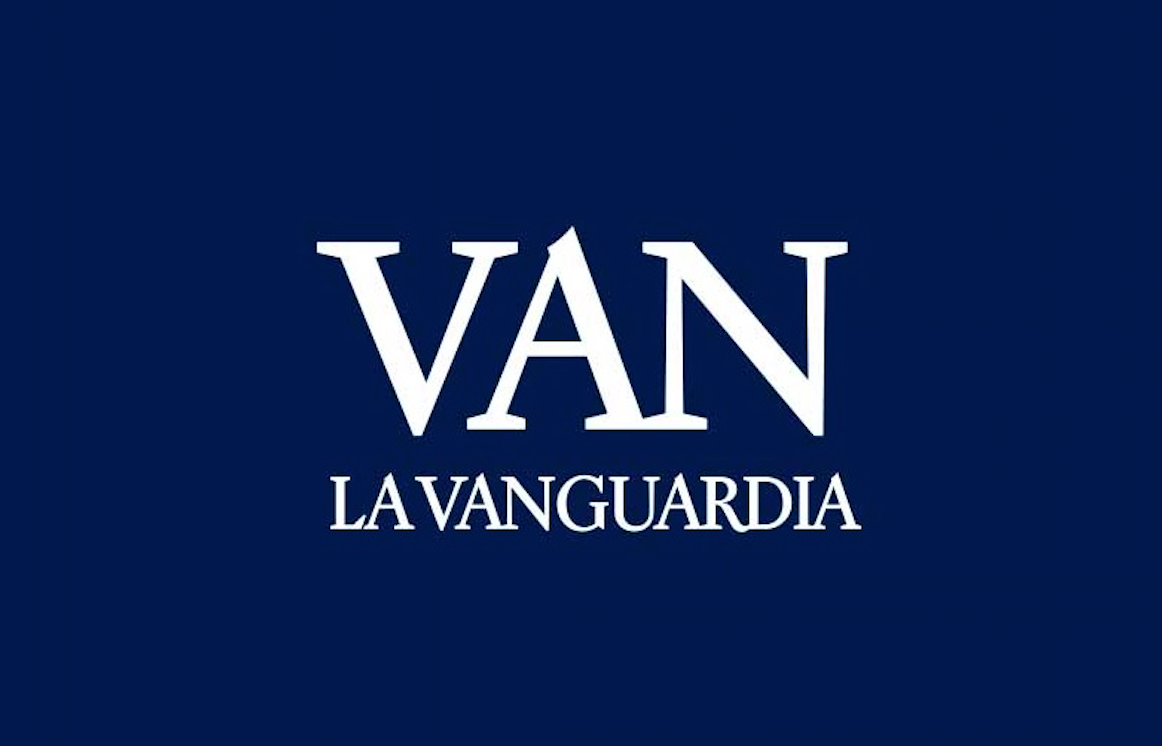Smart Nation: Technology against the Covid-19, by Alex Pont

Alex Pont is a Strategy consultant. He has a Degree in Economics and Computer Engineering from Yale-NUS College in Singapore and professional experience in Asia, Europe and Latin America.

Alex Pont
Senior Consultant at Oliver Wyman
What would you highlight about the way Mexico City has handled the crisis?
The figures speak for themselves: with a population of 5.7 million inhabitants, Singapore has had only 58,000 cases and 28 deaths. There is no one reason for these low figures, but a key factor has been the use of technology to track infections. SafeEntryAs restrictions began to be relaxed, the government launched the ‘SafeEntry’ identification system, which requires one to register using a QR code before entering and leaving high-density buildings (restaurants, supermarkets, health centers etc.). Big DataThe use of big data means that when a positive case is detected, the health authorities are able to identify and isolate people at risk in a matter of hours, without the rest of the population being affected.
How has Barcelona’s management of the crisis been viewed from your city?
La segunda ola de contagios en ciudades europeas se ve como una advertencia de lo que puede suceder si se relajan las medidas de manera precipitada y no se toma una estrategia a largo plazo (ya en marzo, el presidente de Singapur dejó caer la idea de que esta lucha iba a ser cuestión de varios meses e incluso años, mientras aquí se contaba en semanas). En el caso de España, que experimentó uno de los confinamientos más duros de Europa (para muchos cuestionable, ya que en Singapur el gobierno siempre permitió salir a hacer ejercicio al aire libre durante el confinamiento), hay un sentimiento de lástima – lástima de que volvamos a estar en la casilla de salida después de tanto sacrificio. También sorprende la falta de unidad y coordinación política en el territorio.
Proposal for Barcelona
Barcelona should invest in comprehensive tracking systems that use Big Data. At present, it is almost impossible to know if you have been in a restaurant near an infected person, for example, and, in the unlikely event that the manual tracking system identifies you as a person at risk, it is probably too late to break the infection chain. Technology makes it possible to strike a balance between absolute freedom and widespread restrictions to mobility. In Europe, however, talk of any form of digital surveillance, even when there are extensive guarantees of privacy, seems to be anathema. In Singapore, by contrast, it is perceived as an acceptable price for avoiding more drastic measures. If you really think about it, are you really freer if you can’t go to a restaurant, visit your grandparents, or even leave the house?

La Vanguardia
Interviews by Barcelona Global







